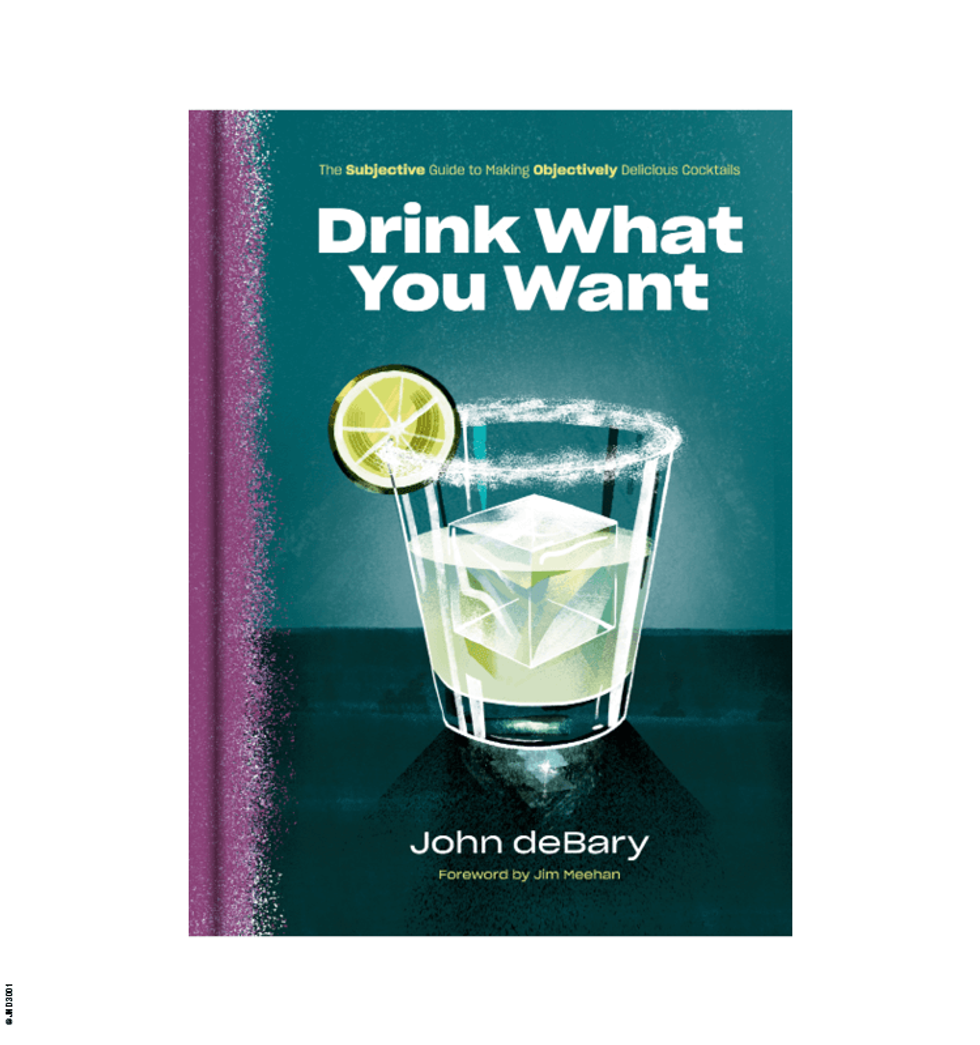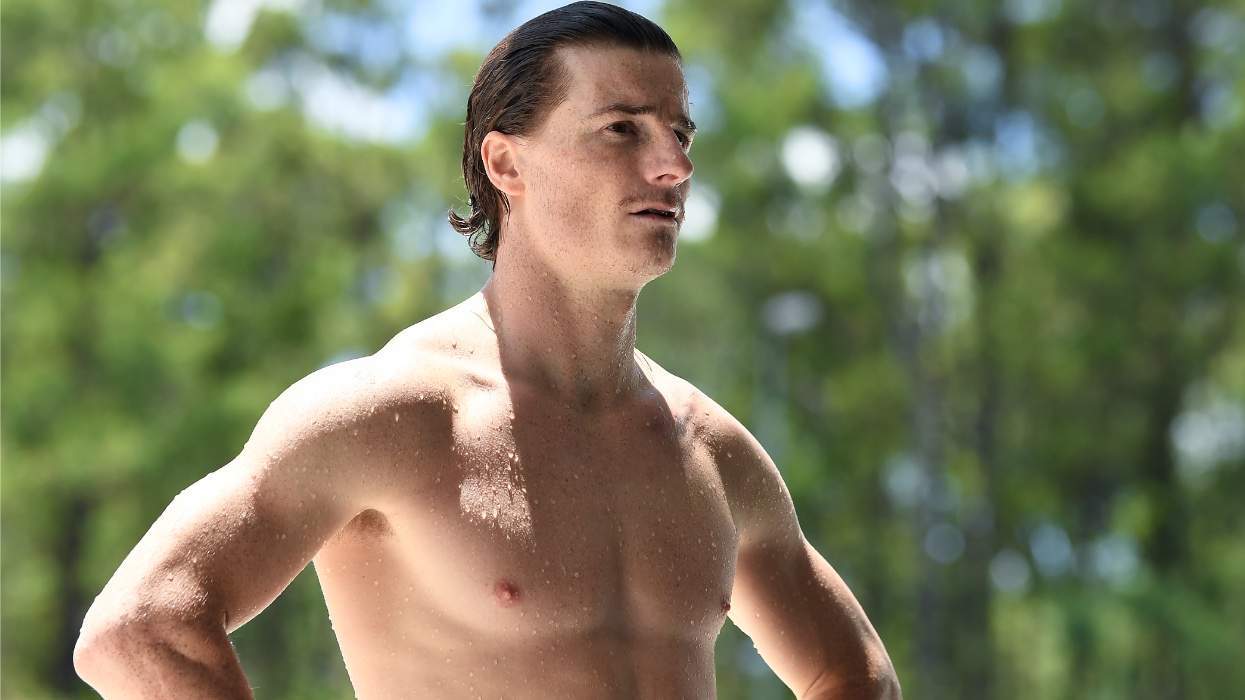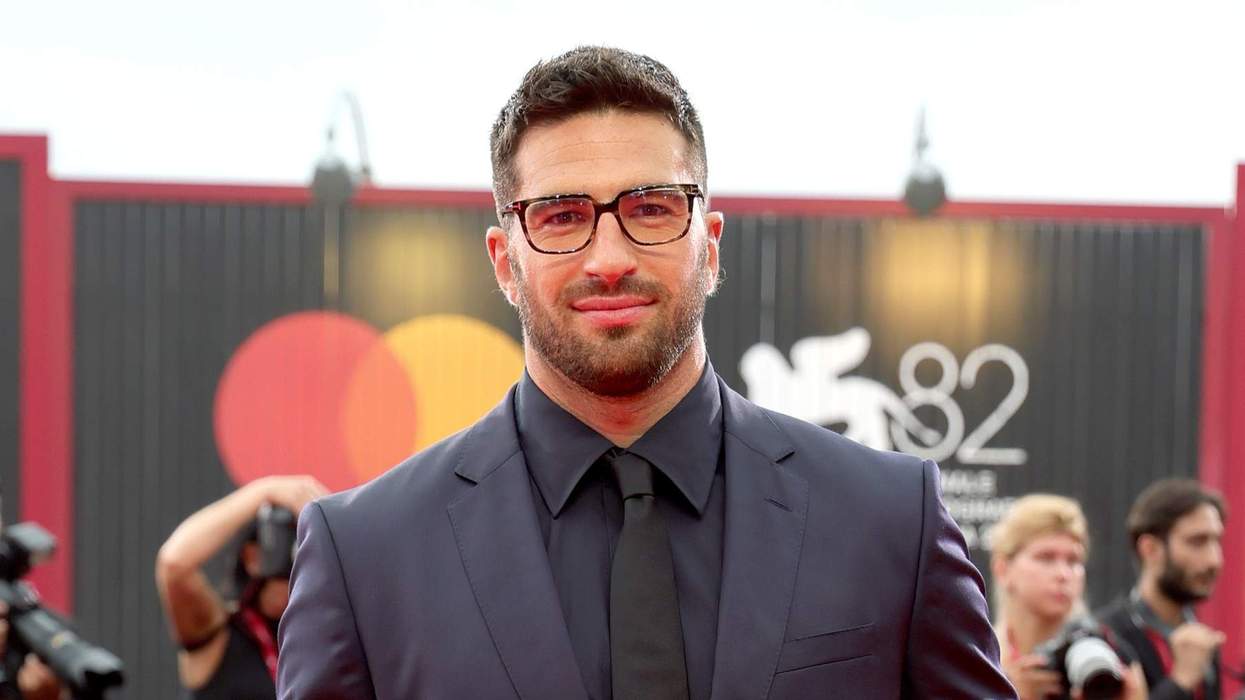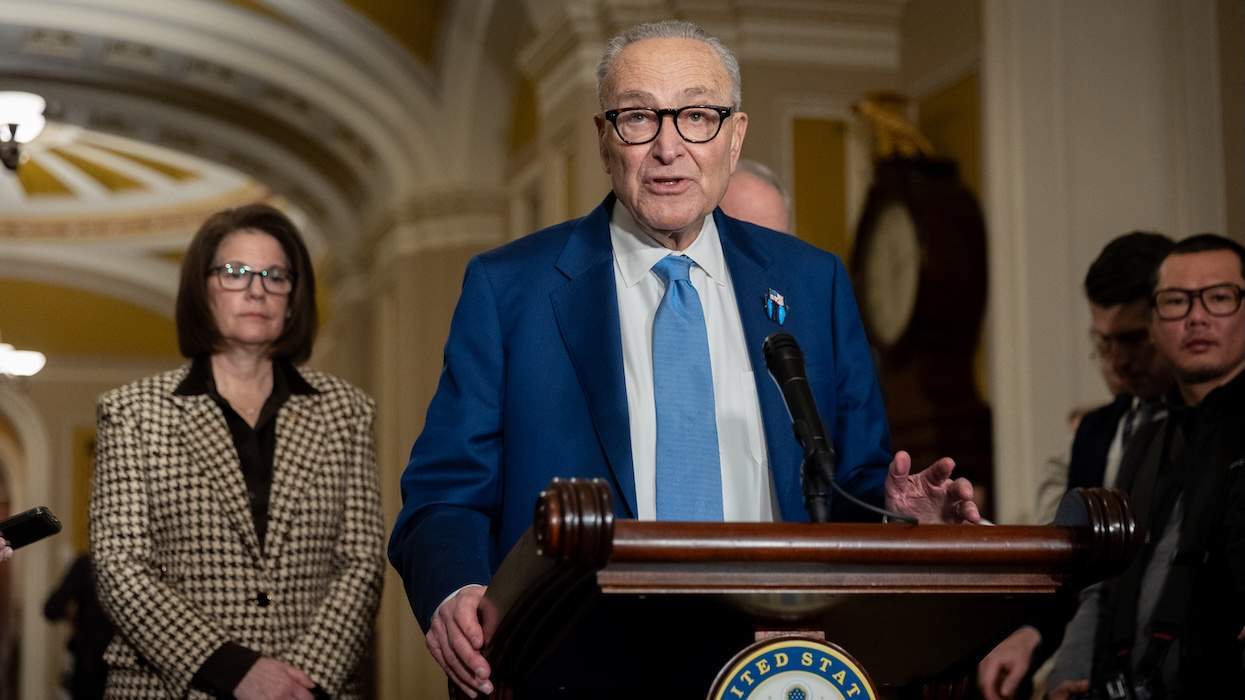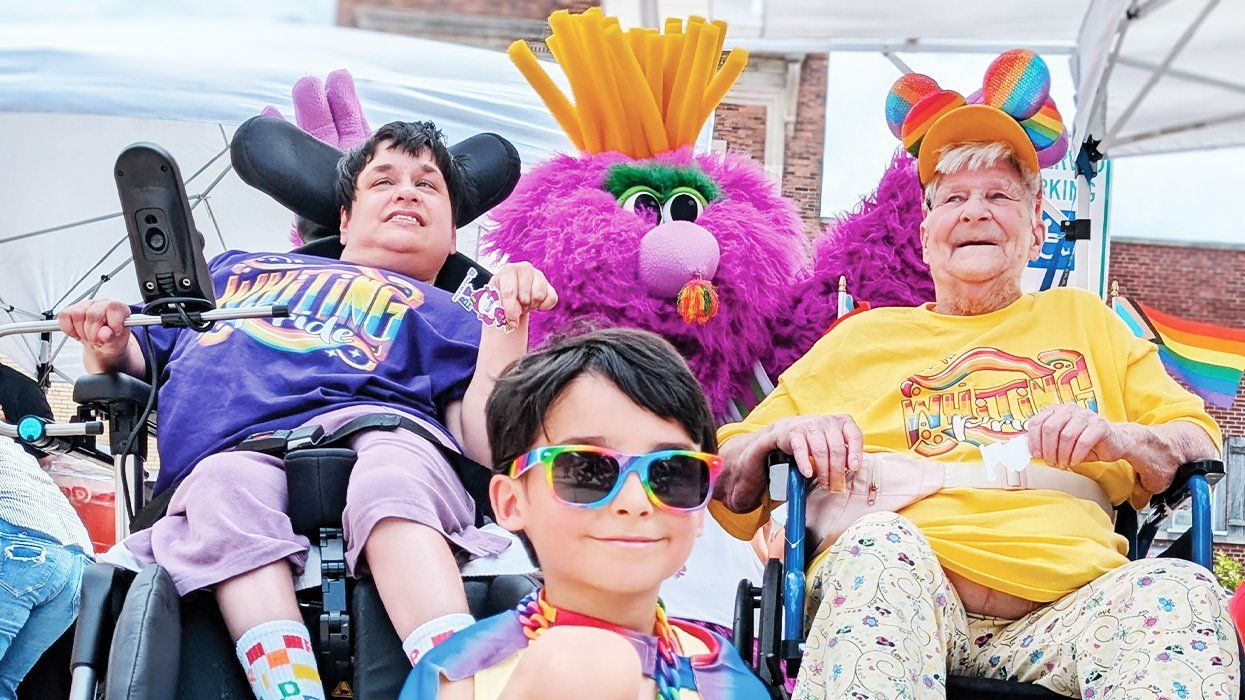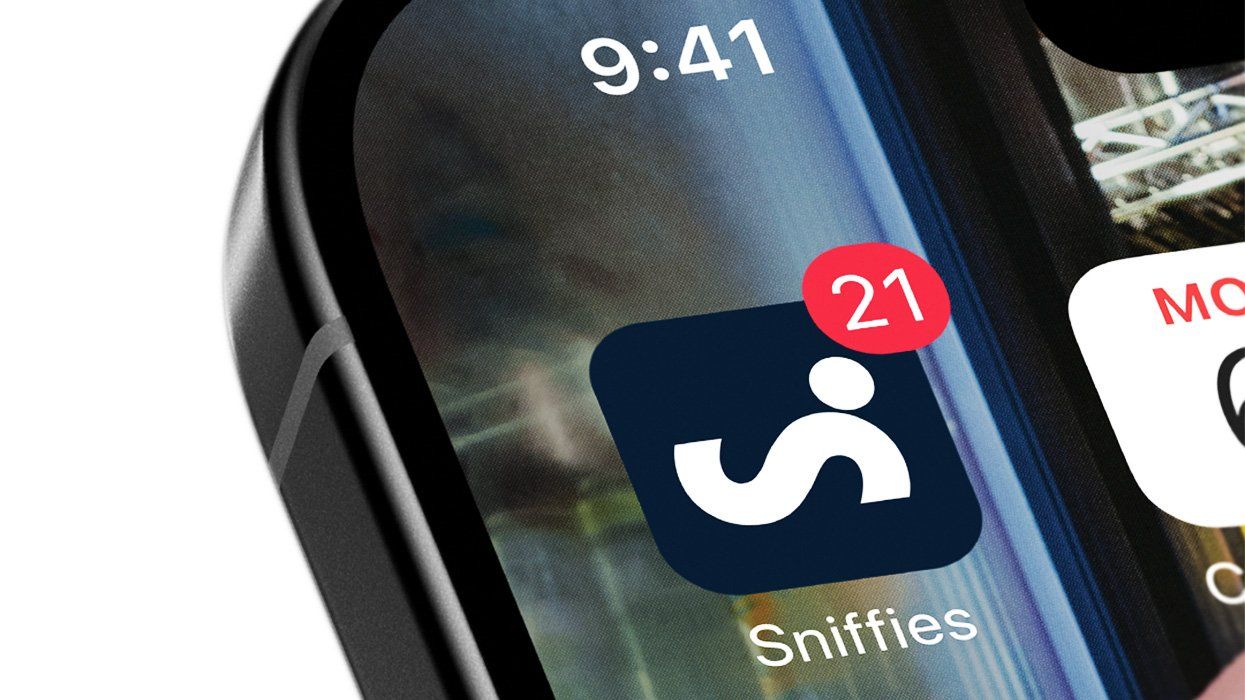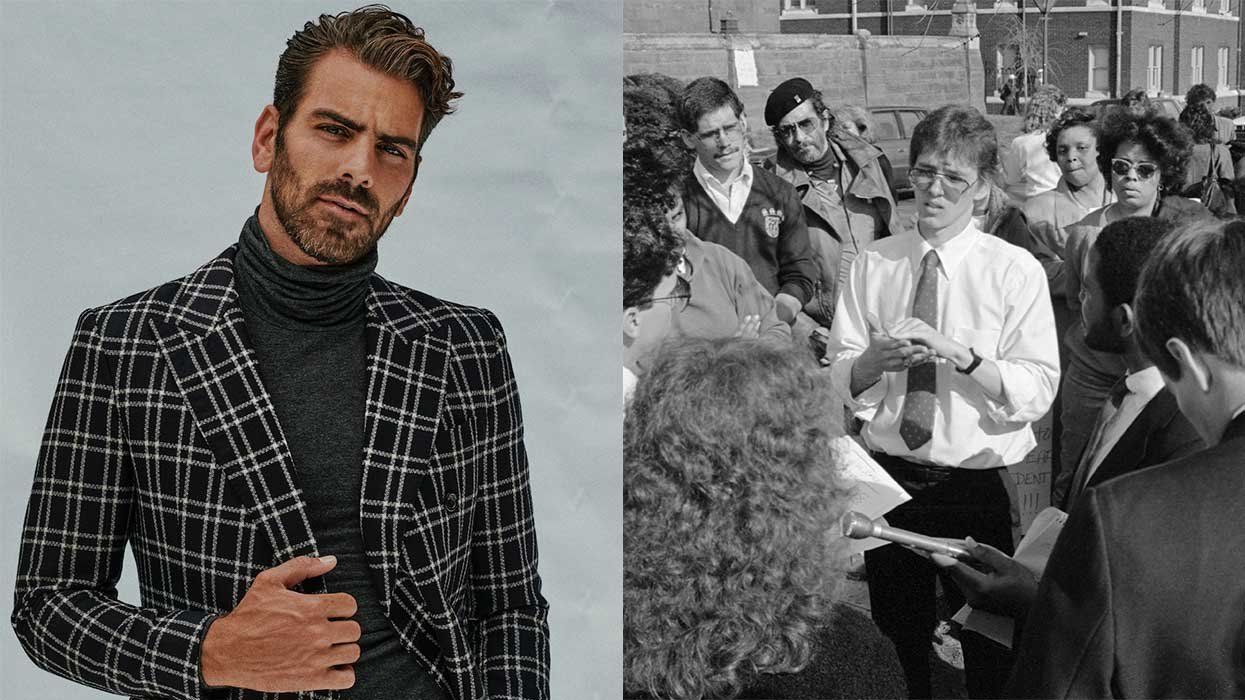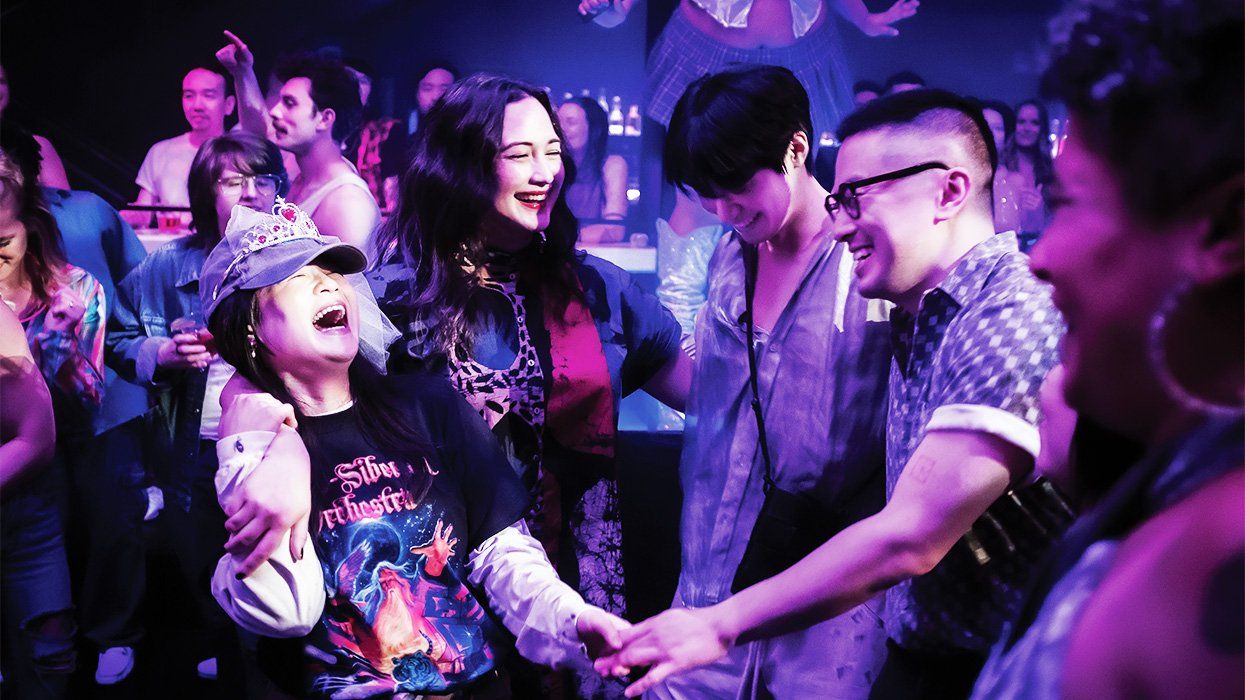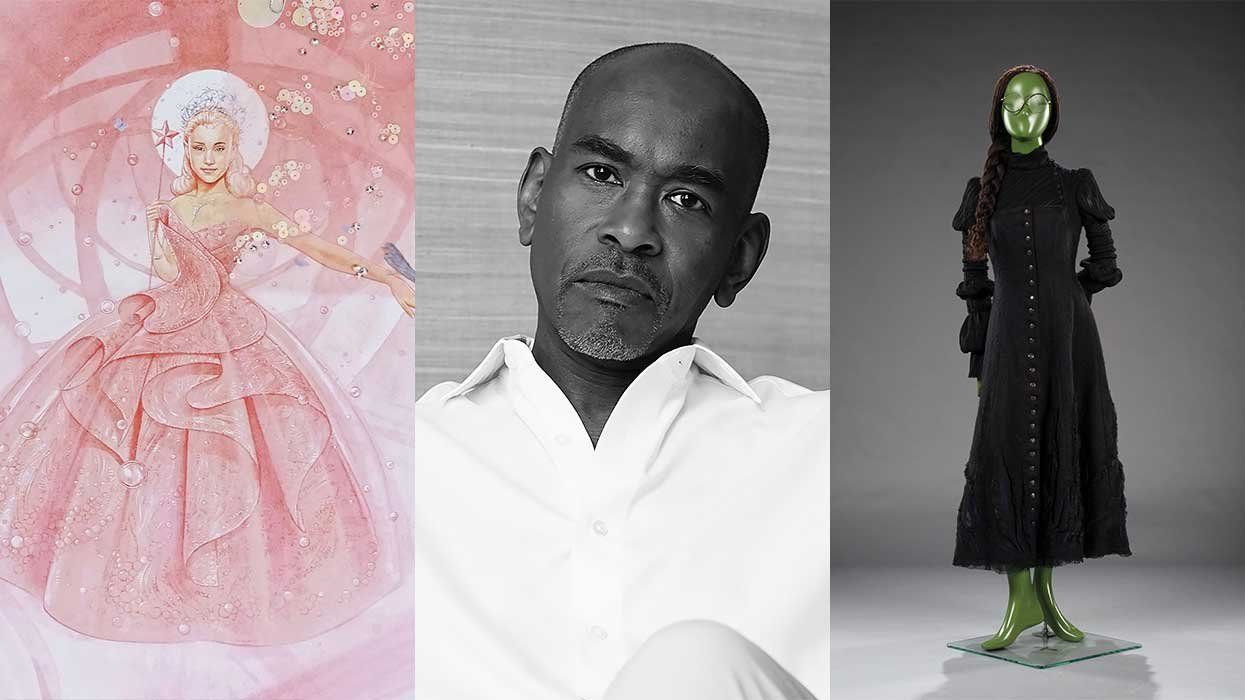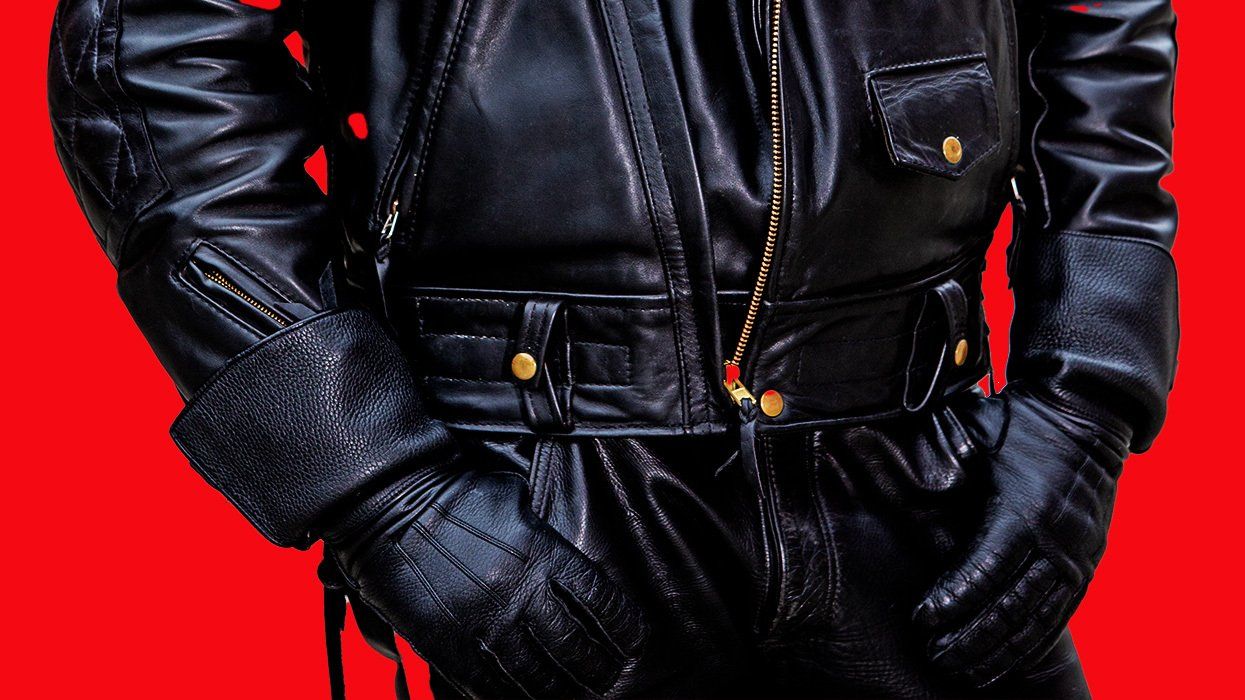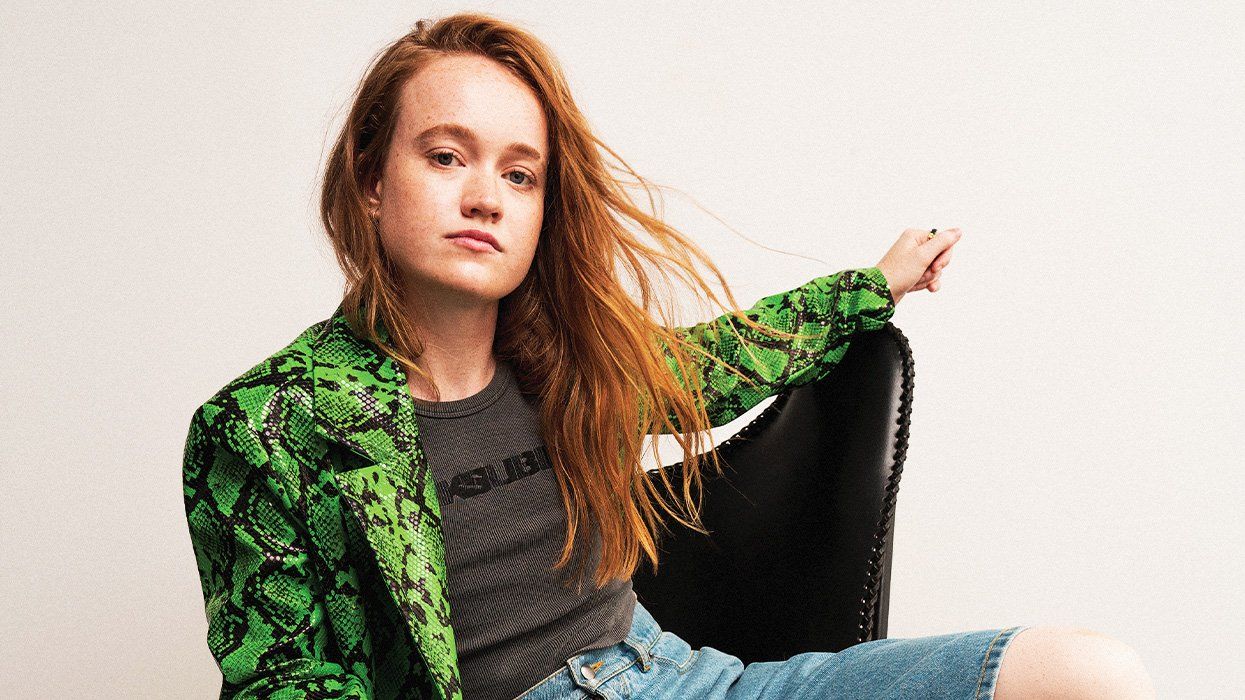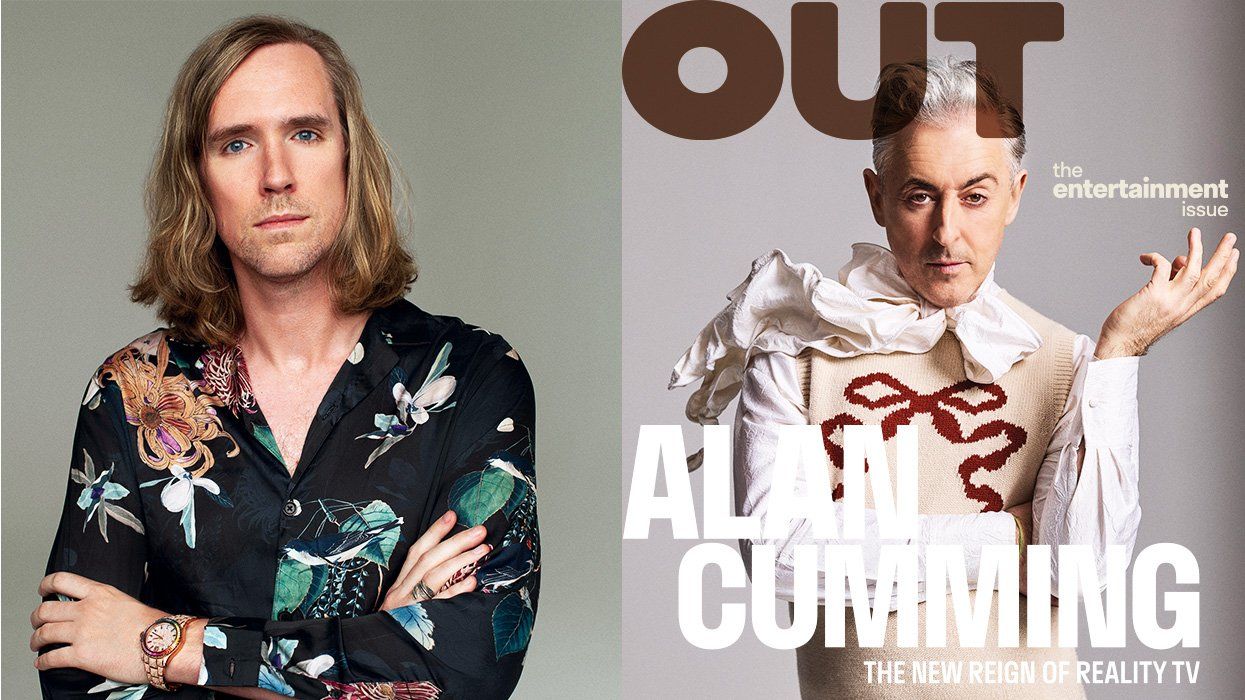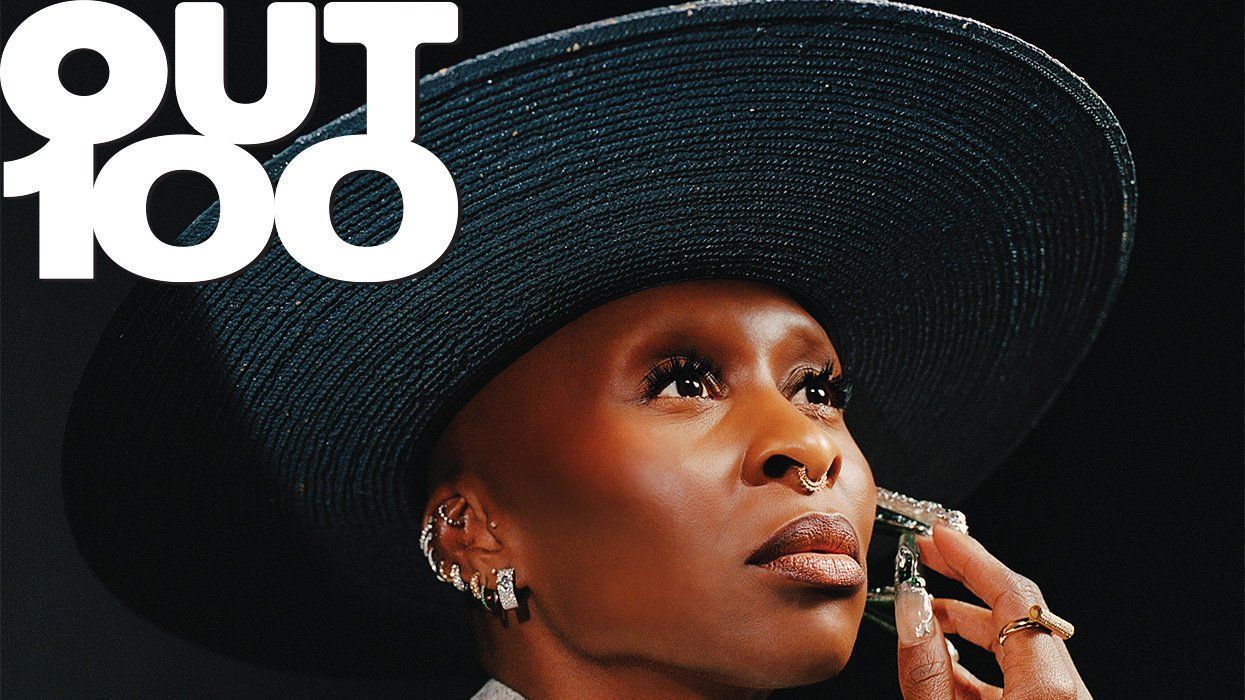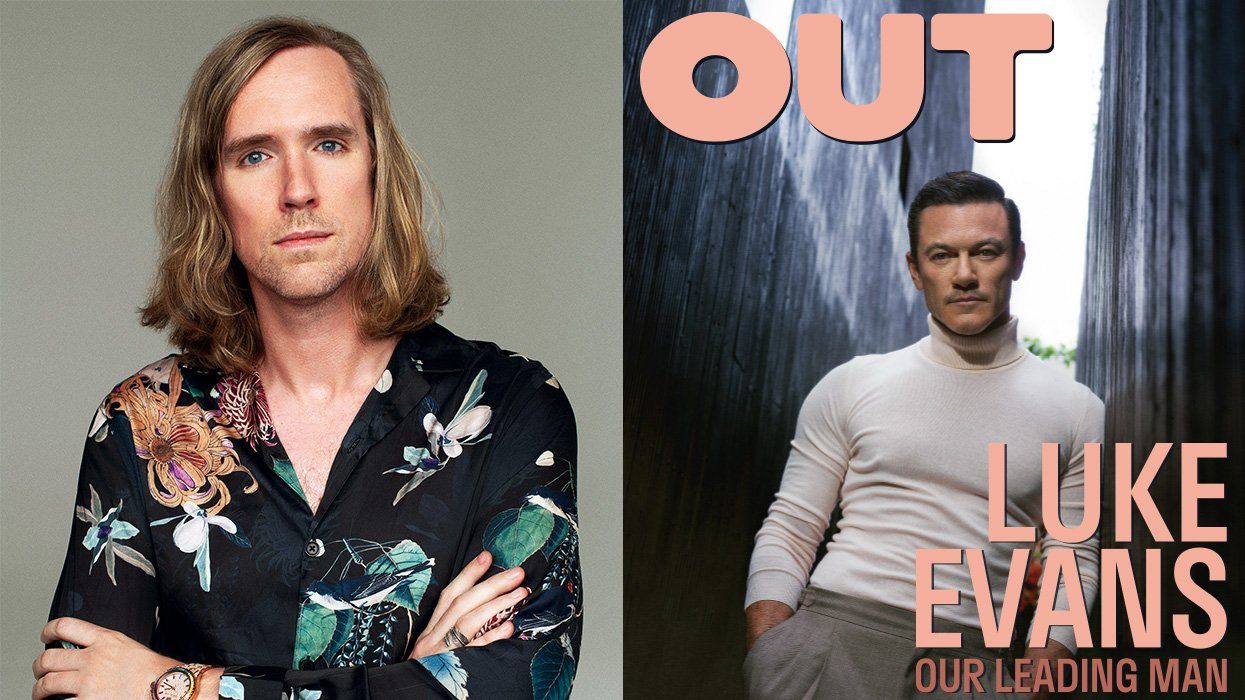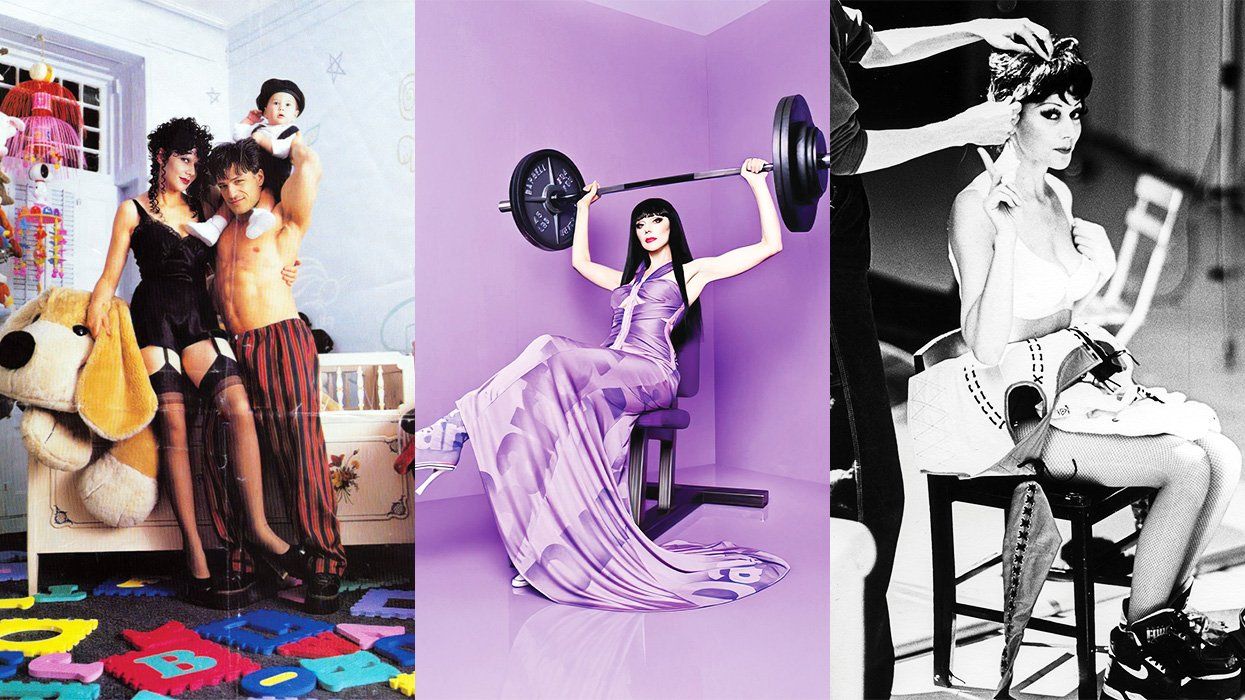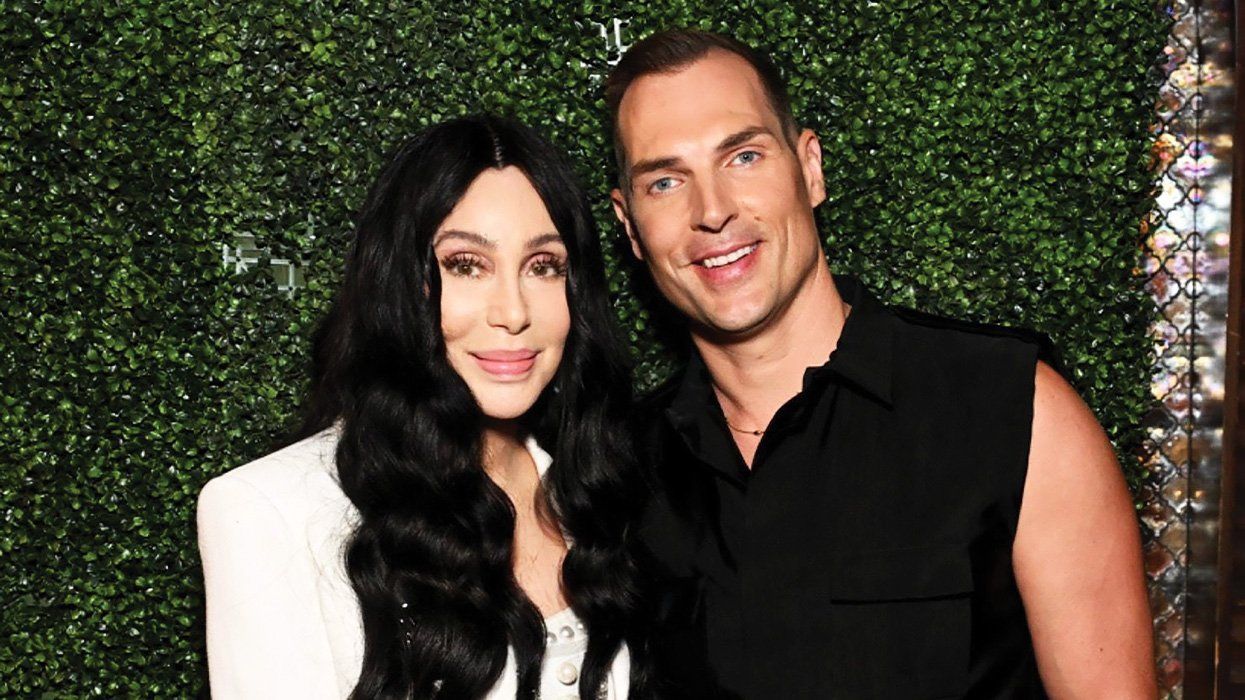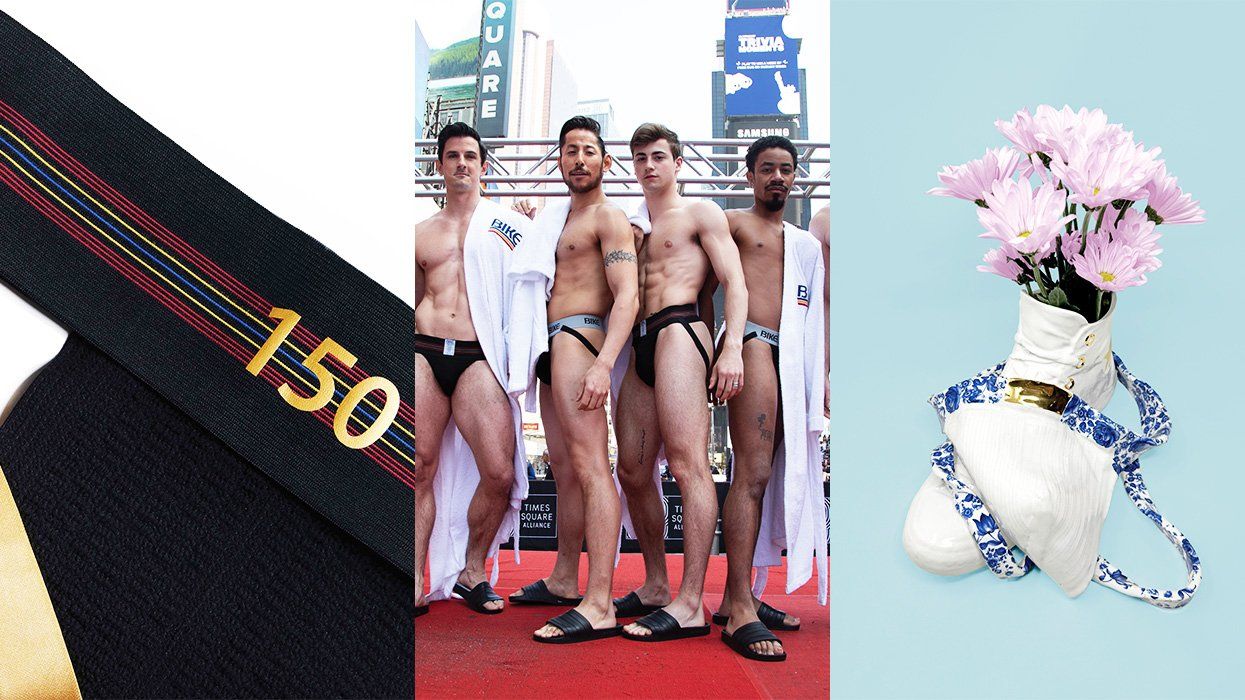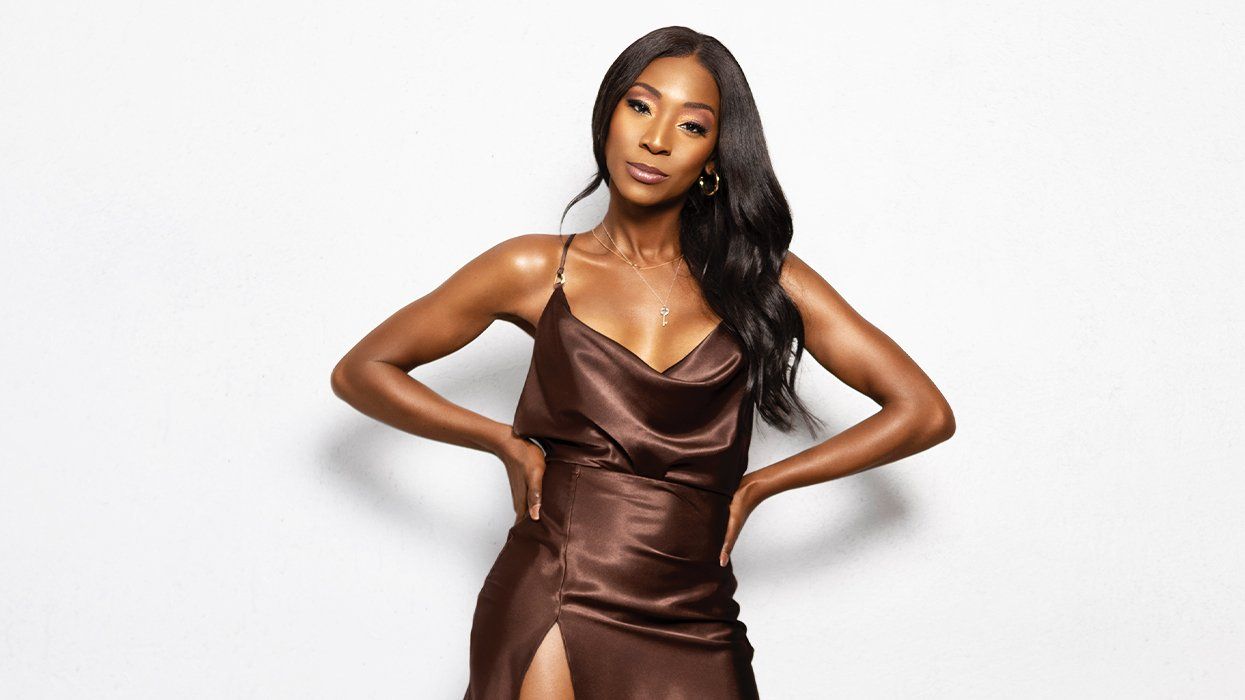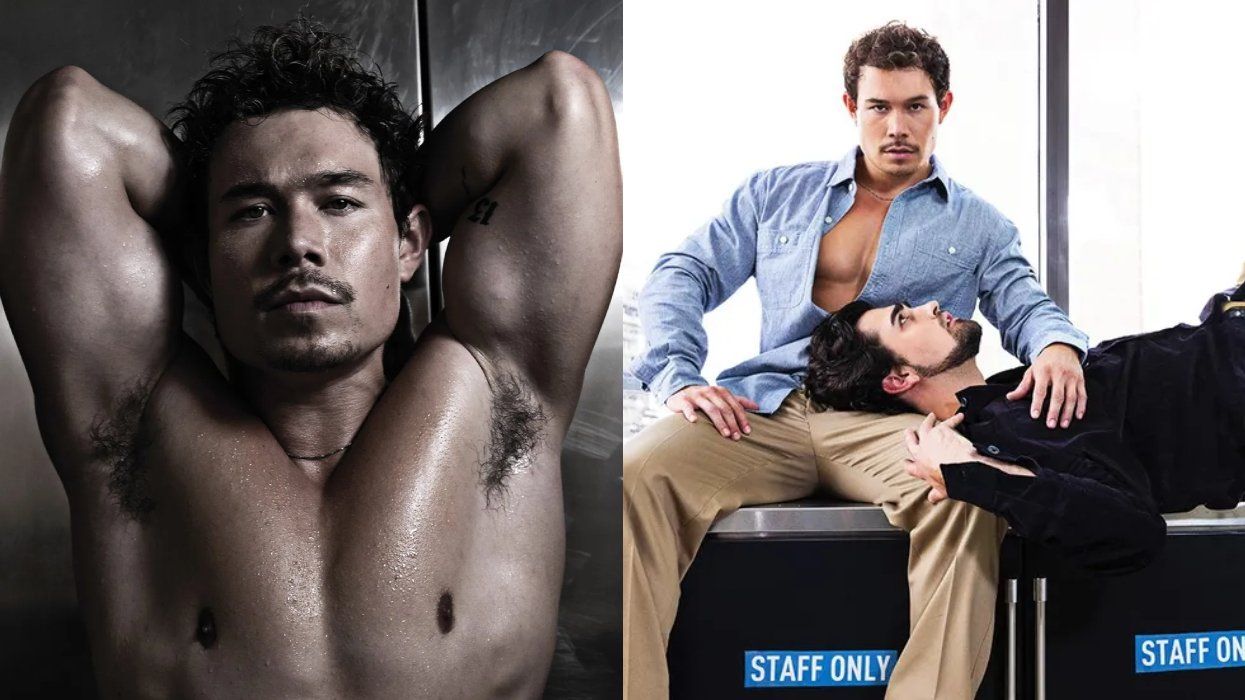"Living in New York is like living three years in the future," muses John deBary, author of Drink What You Want: The Subjective Guide to Making Objectively Delicious Cocktails.
The founder of the zero proof spirits company Proteau explains that the city is "filled with people from literally every corner of the world and with so many different backstories. New Yorkers are always pushing, so it makes sense that an innovative and somewhat counter-intuitive movement would gain a foothold here."
A gay mixologist who served for five years as the bar director of David Chang's Momofuku (hailed as the "most important restaurant in America" by Bon Appetit), deBary speaks reverently about the alcohol-free movement within the spirits industry. It was at Momofuku that deBary started getting serious about zero-proof drinks, wanting to provide consumers of nonalcoholic beverages with options as engaging and exciting as those on the cocktail menu. The response was immediate.
"It really struck a nerve with people," he recalls. Always innovative, deBary is perhaps the perfect person to lead a spirits revolution. He's been there before, having been credited with bringing tiki drinks (the frozen tropical concoctions tourists love so much) back to high-end restaurants and bars.
While a bartender at the New York City speakeasy PDT, deBary invented a blue cocktail called the Shark, which he initially thought he wouldn't "get away with" putting on the menu at PDT. "Everyone I worked with was cisgender and straight, and it just wasn't done. Everything had to be very serious and buttoned-up. It took someone like me to...[say] 'Let's do something completely ridiculous [with] blue curacao, and just come out of left field.'"
The Shark is still on the menu at PDT. "It's my lasting legacy," deBary quips. Now he's hoping to expand that legacy, as a leader in what he calls "the new frontier" of nonalcoholic drinks. "It's a really cool, innovative space...[offering] the same interesting, sophisticated, intellectually engaging experience as a spirit or a cocktail or wine."
It's an enterprise that has arrived at the right moment. Foodies and connoisseurs have long valued the experiential aspects of eating and drinking, and the privilege of consuming craft or artisan delights created with healthy ingredients. But after a global pandemic, deBary says health is becoming the new status symbol, and "the emotional satisfaction you can get from drinking something really delicious" is now valued more than the physiological effect of alcohol.
The city that never sleeps has been the ideal location for the alcohol-free movement to take off. His own brand, Proteau, deBary says, is "absolutely a product of the cosmopolitan, interconnected world, and NYC -- to me -- is the center of that world. I was able to combine botanical ingredients from all over the world thanks to places like Kalustyan's, which is this wonderland of every food ingredient you can imagine. I was also inspired by the Lower East Side specifically due to all the overlapping cultures and cuisines you encounter here on a daily basis."
When creating new concoctions, deBary says he would start with a flavor he wanted to create, and "work backwards from there." For example, with Proteau's Rivington Spritz, deBary was looking for "a strawberry Chinese rhubarb fizzy drink," while the Ludlow is a combination of blackberry, black pepper, and dandelion root.
It's important that deBary is here, proudly queer, in the early days of this spirits movement given that queer people's contributions to the industry haven't always been recognized. "Calling it 'erasure' is a little dramatic," deBary says. But "it would be very safe to assume that there were thousands of really talented queer bartenders throughout the centuries," he adds. "If it looks anything the way it looks now, there has to be."
Certain aspects of being LGBTQ+ make it even more likely that we were there at innovative moments in the history of the industry, he says. "I think that there's something about -- not to make it a silver lining on oppression, but when your existence is kind of counter to the norm, for whatever reason, it always requires you to think beyond established assumptions and what everyone else is doing...and so it just brings a really interesting perspective," he explains.
That outsider viewpoint may have also helped deBary launch another venture close to his heart: the Restaurant Workers' Community Foundation, which he helped create in 2018 to "address quality of life issues for workers in the restaurant industry," focusing on "systemic change."
"Fundamentally, the restaurant industry is based on a racist legacy of slavery and plantations," deBary argues. "In the service industry in general, workers are kind of seen as subservient, and that definitely shows up in the way people are treated, people are paid."
When the pandemic hit, the foundation pivoted to funding relief efforts for those who've lost their jobs. He encourages folks to donate at RestaurantWorkersCF.org and to vote in local elections.
Follow deBary on Instagram: @jnd3001
This story is part of Out's 2021 Travel Issue. The issue is out on newsstands on April 28, 2021. To get your own copy directly, support queer media and subscribe -- or download yours for Amazon, Kindle, Nook, or Apple News.



